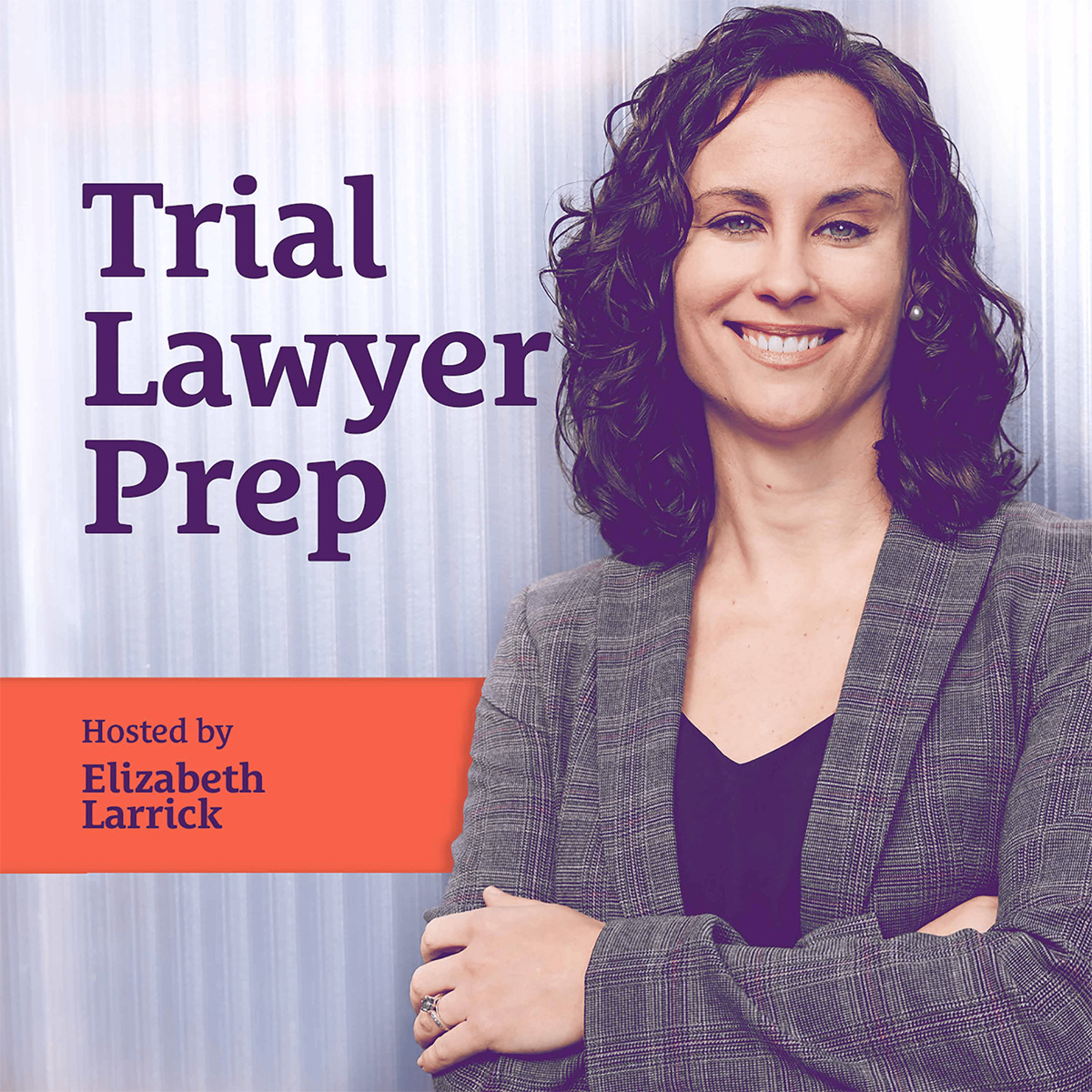How to Determine If Your Client Is a Fit for Witness Preparation Coaching?
Are all clients a good fit for witness preparation? Join me as I share a recent experience of a client resisting deposition preparation. I will also discuss ways to identify if a client is open to learning – or if they’re just acting like a know-it-all. Discover the signs to look out for, and I’m also giving out some questions to consider to evaluate your client’s readiness and willingness to engage in the process.
This episode takes a closer look at how to handle clients and determine their level of investment in a case. I can’t stress enough the importance of having an in-depth conversation with the client before the deposition to ensure everyone is on the same page. I also offer tips on dealing with clients who may not be a good fit for witness preparation. Be ready to navigate the complexities of client management in the courtroom.
In this episode, you will hear:
- Questions to assess client readiness
- Tips for productive conversations with clients to ensure they’re invested in the process
- How to determine if a client is a good fit for witness preparation
- Questions to ask yourself to consider if a client is open to learning
Follow and Review:
We’d love for you to follow us if you haven’t yet. Click that purple ‘+’ in the top right corner of your Apple Podcasts app. We’d love it even more if you could drop a review or 5-star rating over on Apple Podcasts. Simply select “Ratings and Reviews” and “Write a Review” then a quick line with your favorite part of the episode. It only takes a second and it helps spread the word about the podcast.
Supporting Resources:
Have a question or idea for an episode? Email Elizabeth (she reads all her emails) Elizabeth@larricklawfirm.com
Episode Credits:
If you like this podcast and are thinking of creating your own, consider talking to my producer, Emerald City Productions. They helped me grow and produce the podcast you are listening to right now. Find out more at https://emeraldcitypro.com Let them know I sent you.


